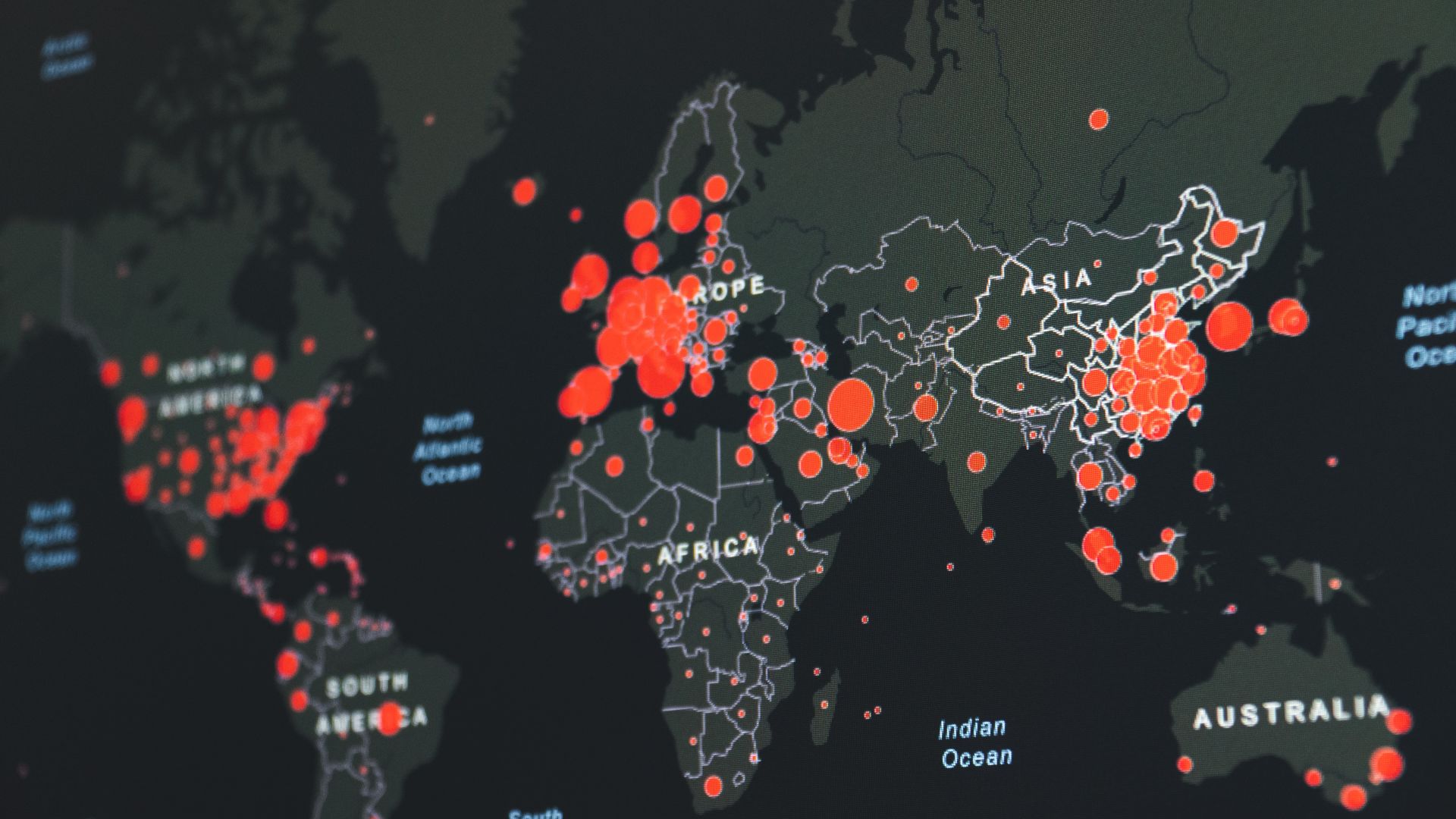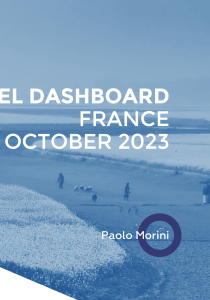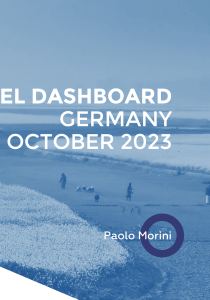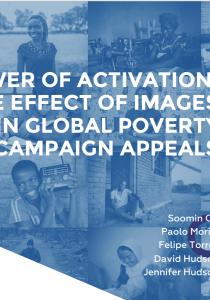
People in donor countries donate significantly less to gender equality than to other global causes. According to a groundbreaking recent survey conducted in Germany, this may be down to a lack of public knowledge about structural and institutional gender inequality, both in Germany and the developing world.
A low turnout
In our last blog, Generation Equality Part I: German attitudes toward global gender issues, we discuss the German public’s willingness to take action for gender equality. We show that regardless of gender, support for aid or identification as a feminist, individuals are willing to take actions to advance global gender equality. We also show that when the public engage on gender equality, they prefer private actions, like signing petitions, more than public actions, like joining a demonstration for gender equality.
In this blog, we tackle a curious and important puzzle: In spite of these findings, why do only 12% of donors donate to organisations working on gender equality? This low turnout for donations isn’t unique to Germany: Donations to organisations fighting for gender equality in the rest of the aid donor world are equally paltry. According to the Women’s Philanthropy Institute, just 1.6% of overall charitable giving was directed to gender equality organisations in the US. While women’s rights organisations and movements have been essential in developing policies supporting women’s equality and in institutionalising ideas and norms that advance gender equality, low donations mean that these organisations are struggling to survive, ultimately delaying the achievement of gender equality (not due now for another 108 years). So what explains lacklustre giving when it comes to organisations working on gender equality in Germany and the broader donor world?
Why underlying beliefs matter
Previous research on willingness to give has focused on a host of factors. These have ranged from socio-economic indicators like income and gender, to partisan identity and beliefs, like moral reasoning, belief in the level of justice and feelings of efficacy. Less discussed is how or whether willingness to donate is affected by the reasons the individual believes gender inequality persists. Using German survey data, we took a closer look at patterns of low donations by examining what people perceive as the causes of gender inequality.
The good news for international organisations and aid actors is that the sector is well-equipped to explaining the institutional challenges to gender equality.
Why would someone’s explanation for gender inequality impact their willingness to give? The simplest answer is that a person’s understanding of the barriers might affect their efficacy, or the feeling that they can make a difference. We know already that efficacy matters; if someone believes that gender inequality is driven by factors that donations can’t solve, naturally their willingness to donate will be lower.
In February 2020, respondents were asked why women are not treated the same as men. Half of the sample were asked about gender discrimination in Germany, the other half about gender discrimination in developing countries. Respondents could select multiple items from the following list:
- The role of culture and history
- Religion
- The lack of laws that guarantee equality between women and men
- Women are not or not sufficiently represented in politics
- Women don't have as many opportunities to study as men
- The resistance of men to this change
- Men and women are naturally different
- Other
- Women and men are generally treated equally
- Don't know
The responses are illustrated below. Respondents agree that the top two reasons for gender inequality in Germany and the developing world were: men’s resistance to change and culture and history. But among those asked about developing countries, more attributed gender inequality to lack of laws, lack of opportunities, and religion than those asked about Germany. In Germany in particular, there is strikingly less blame placed on structural factors, discriminatory laws, lack of opportunities to study, and underrepresentation of women in politics. This is despite the fact that international organisations and philanthropists frequently highlight these challenges.
Figures 2 and 3 show individuals’ willingness to donate, by their perception of causes of inequality in Germany and the developing world. We observe that in both cases, whether they agree or disagree that gender inequality is caused by culture/history, religion, or men’s resistance, they are still willing to make donations to charitable organisations. On the other hand, when we look at structural causes of inequality, there are huge gaps in who is willing to donate. This is especially true for 1.) lack of laws that guarantee equality between women and men, 2.) political representation of women, and 3.) lack of educational opportunities for women. 40% of the respondents are willing to donate if they agree that structural causes are the drivers of gender inequality in Germany (lack of laws, political representation), whereas just over 20% are willing to donate if they disagree. In other words, people who understand the structural barriers to inequality are more likely to donate.
The same bears out among those asked about the causes of gender inequality in developing countries. 60% of those respondents are willing to donate if they believe gender inequality is driven by structural factors (laws, political representation, educational opportunities), and only 30% are willing to donate if otherwise.
Oddly, less than 20% of respondents want to donate whether they agree or disagree that gender inequality is caused by lack of educational opportunities. This could be due to the fact that the German education system is publicly funded, not private.
An opportunity
This data suggests that a belief in the presence of institutional barriers to gender equality - whether legal, political, or educational - is strongly correlated with whether the individual donates or not. The good news for international organisations and aid actors is that the sector is well-equipped to explain the institutional challenges to gender equality. Such a belief can be formed by information and outreach, and highlights an opportunity to correctly inform and emphasise to the public these causes of gender inequality.
It’s clear from this data that awareness of structural barriers to gender equality in both Germany and the developing world is low - more so in Germany. If knowledge about these structural challenges leads to public willingness to engage, there is clearly an important need for educating the public about how institutional and structural factors affect progress toward women’s equality.
Equipped with this insight into the public’s thinking, it’s essential to point out that bolstering knowledge of institutional inequality in a way that also increases efficacy – emphasising concrete ways of how and why individuals can make a difference – can only help create an empowered, informed public.
The data for this survey - German Sandbox February 2020 - was collected as part of the Development Engagement Lab a research programme based at University College London and University of Birmingham.



































